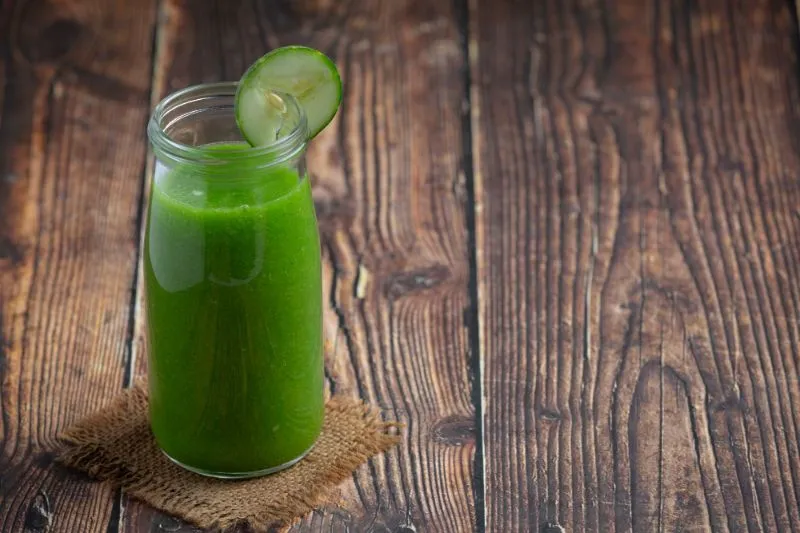It is only a matter of time before the next dietary “craze” hits the holistic wellness community, but most recently, celery juice has become the latest trend. Celery, a carrot family member, is being called the next superfood due to its high levels of vitamins, minerals, and antioxidants. Like carrots, celery has a high amount of vitamins K and A. In addition, it is jam-packed with potassium, vitamin C, and dietary fiber. The antioxidant and anti-inflammatory properties are due to naturally found chemicals called phytonutrients. While this healthy snack is low in calories, it is higher in sodium, so those mindful of sodium intake should limit their daily celery intake.
The two well-known antioxidants found in celery are called apigenin and luteolin, which both aid a variety of inflammatory conditions, such as allergies and arthritis. In addition to inflammatory diseases, apigenin, and luteolin have been found to reduce the number of cancer cells, lower cholesterol, reduce blood pressure, and improve overall cardiac health. Despite these fantastic health claims, some people have an allergy to celery, which can be evident through a mild to severe reaction. Usually, symptoms of a celery allergy include skin reactions, digestive problems, and respiratory consequences. In rare cases, anaphylaxis may develop after ingesting celery. Anaphylaxis is severe and life-threatening, characterized by difficulty breathing due to a swollen and inflamed airway.
For those fortunate not to have an allergy to this nutrient-packed food, there are a variety of easy recipes for a quick snack. Let’s read below.
1. Celery & Peanut Butter
2. Celery & Hummus
3. Stuffed Celery
a. Some recipes on the internet suggest chicken salad or buffalo chicken dip with celery.
4. Celery Juice
a. To make celery juice, cut the root and the ends of the celery, wash it, and then put it through a juicer.
b. Be aware that when juicing celery, fiber is removed, which in and of itself reduces many benefits of celery.
Celery is just one of the many vegetables currently being ‘juiced.’ However, many people are using juices as a way to ‘detox’ and lose weight. The general medical community does not encourage these diets, and they should certainly not be considered long-term. The belief that weight loss may occur through juicing may be accurate, but the weight will not be kept off when you stop and start eating whole foods again. Eating fruits and vegetables in their solid form is generally the encouraged method of consumption. Without the fiber removed when juicing any fruit or vegetable, the sugar found in the food is absorbed more quickly. Fiber prolongs the absorption of sugar into the bloodstream, in turn reducing blood sugar levels.
In conclusion, while celery juice is all the rage, and it does promote vegetable consumption, it should not be the only ingested food source. It should also not be consumed solely as a detox. Juicing is a clever way to sneak in fruits and vegetables, but it should never replace eating them in the natural whole-food form. Connect with Shifa4U for more lifestyle and dietary tips.
Our clinical experts continually monitor the health and medical content posted on CURA4U, and we update our blogs and articles when new information becomes available. Last reviewed by Dr. Saad Zia on April 3rd, 2023.












